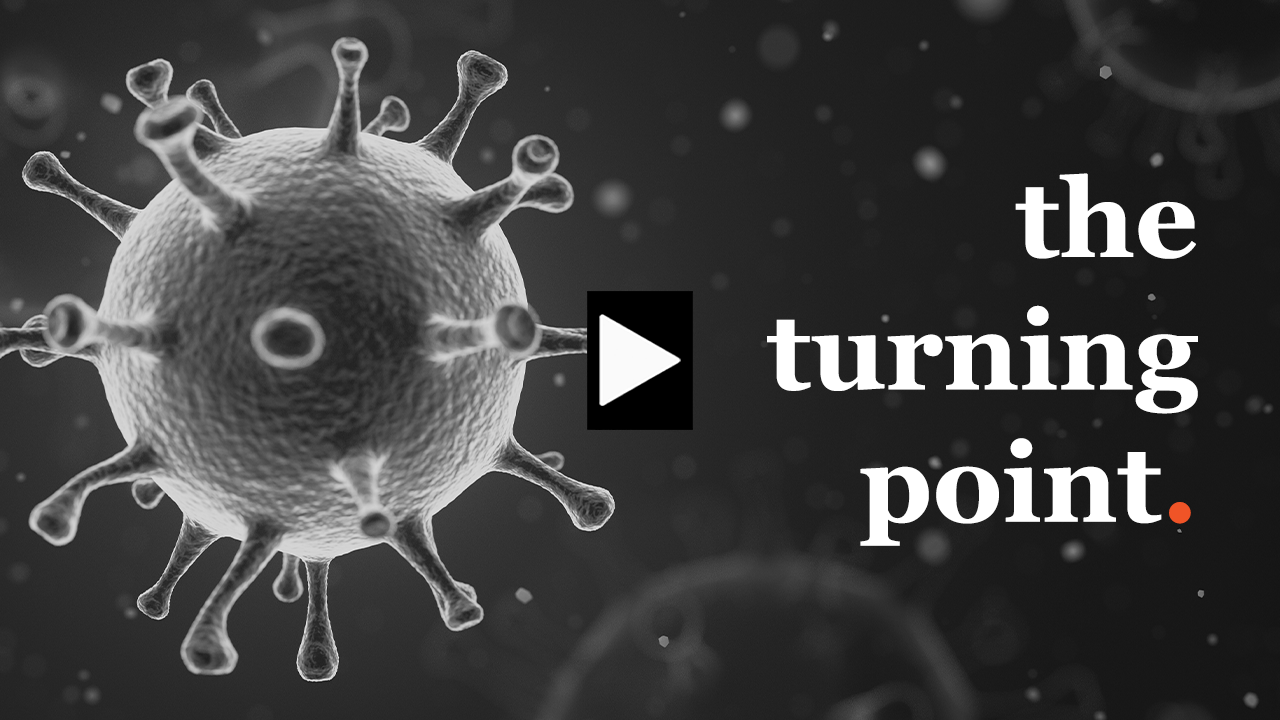The Responsibilities of Experts
The Covid-19 moment has taught us that public health may not have been quite ready for the harsh glare of the global media spotlight.

Read Time: 3 minutes
Published:
The Covid-19 moment has created a seemingly bottomless demand for public health experts. Epidemiologists have been on prime-time for a year, and all manner of public health experts have appeared on broadcast television. That the media has called on expertise to help explain the moment is a good thing. But this has also put in the spotlight many who have not previously been in the spotlight. And being an expert with a public platform comes with special responsibilities.
Take the parade of experts predicting numbers of people who will be infected with Covid. Throughout 2020 we saw experts suggesting that the final Covid death tallies would be 200,000, or 2 million. All of these experts had reason to suggest what they were suggesting. But all fundamentally knew that their estimates were based on a range of assumptions that would likely not stand the test of time. And the vast majority did not. These predictions served to spread fevered worry and seed mistrust in the scientific enterprise. After all, if we cannot predict the extent of the outbreak correctly, what else might we not know?
Take another example: the abundance of expert punditry about the need for lockdown efforts, mimicking “successful” states. Time and again the pandemic showed us that patterns of transmission were not easily predictable; states, like California, that were one day lauded as models for prevention efforts went on the next day to face new outbreak peaks. What we did know during the pandemic was that there was substantial idiosyncrasy behind outbreak patterns, which required humility on the part of experts to own up to—a quality that turned out to be in short supply. The responsible expert approach would have been to lead with the uncertainty, making it clear we knew much less than we hoped and that lockdown decisions were political ones fundamentally, with public health informing but not dictating actions.
Why would an expert offer assertions that might falsely reassure, needlessly terrify, and either way, sow confusion that undermines the very enterprise he represents? We could imagine some reasons. Maybe he was trying to explain complicated models that built on sophisticated approaches in the field, without realizing that only one thing would stick: a simple number. Maybe she had good intentions, aiming to be a good citizen helping explain matters to the confused public. Or maybe he was just showing off.
Even if offered innocently, an “expert’s” speculation that presents reductive simplifications through the rapid metabolism of mass media spreads misinformation. It is foolhardy to offer answers that will “stick” and become the headline, without thinking through the implications of these prognostications.
The moment has taught us that public health may not have been quite ready for the harsh glare of the global media spotlight. It remains to be seen whether we can learn from this, and be ready to do much better in public presentation next time around.
Warmly,
Michael Stein & Sandro Galea
As we re-emerge from the pandemic, 2021 stands to be a turning point year for public health. In The Turning Point’s weekly essays, we reflect on what we learned during 2020, and what we are learning during 2021, that can guide us to the creation of a better, healthier world.


